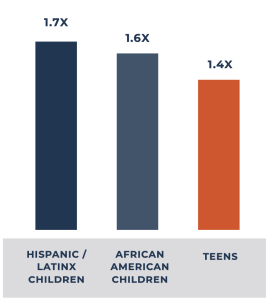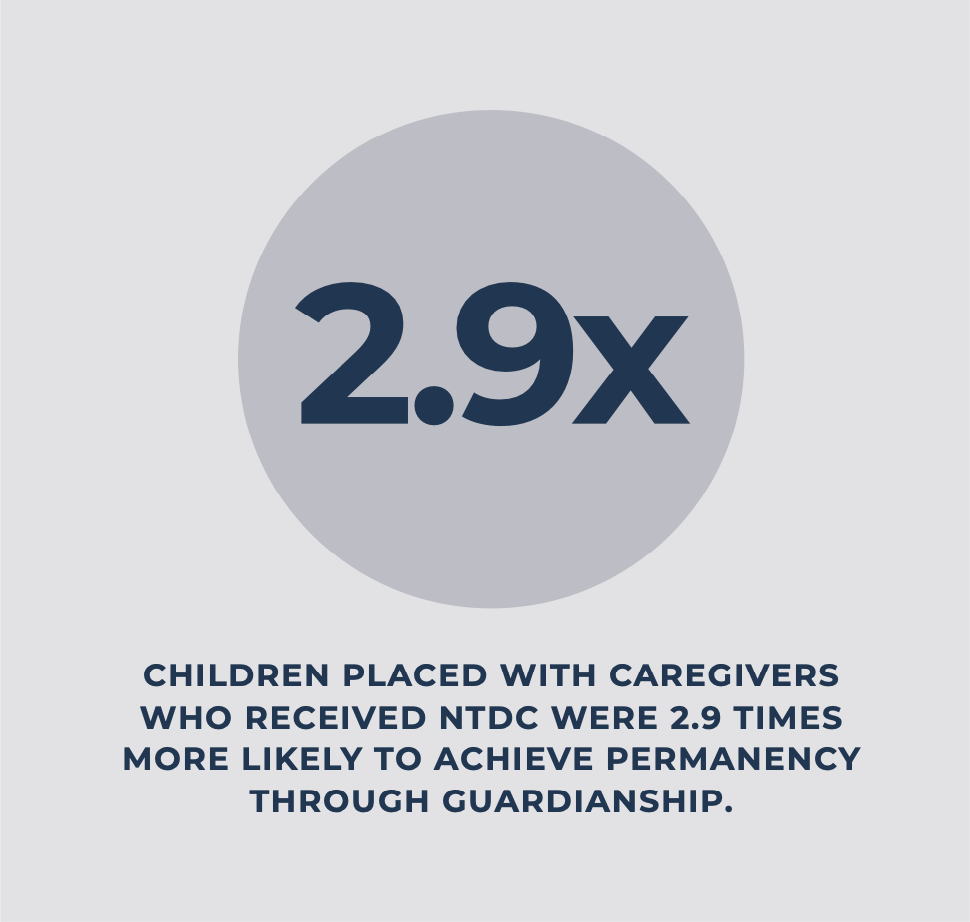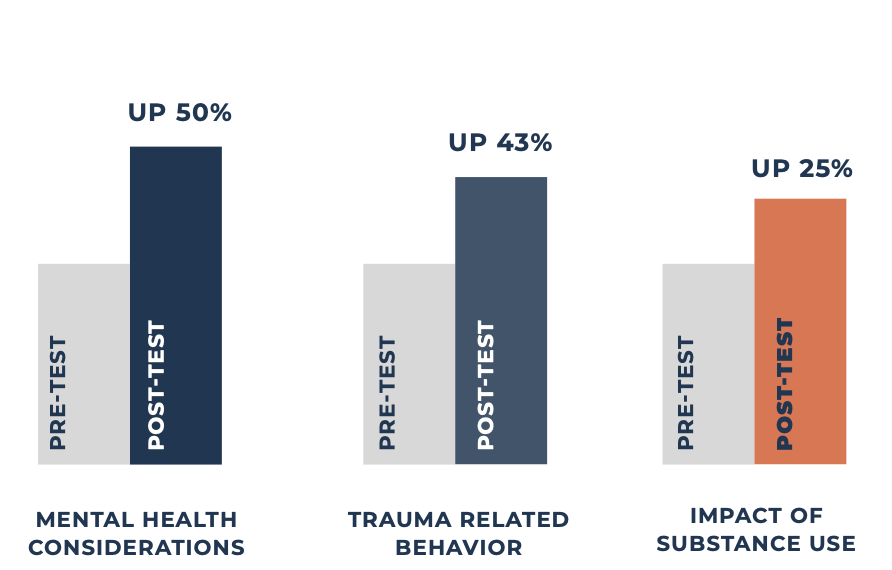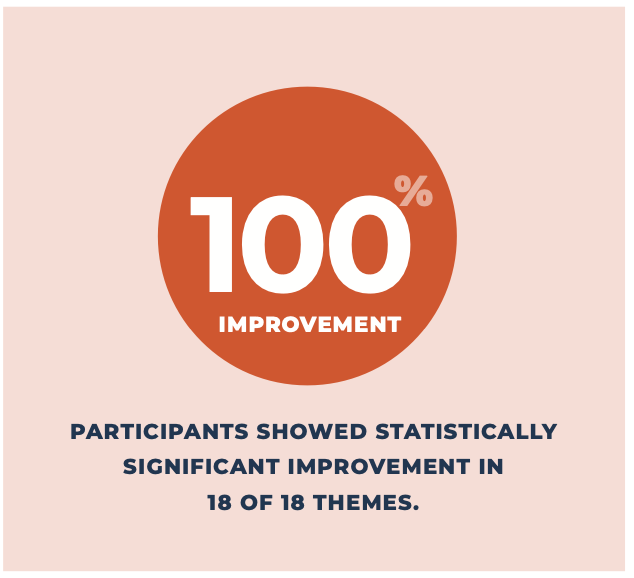An Evaluation of the National Training and Development Curriculum
Overview
The National Training and Development Curriculum (NTDC) is a new, interactive classroom and online curriculum that provides parents who are fostering, adopting, or kinship caregiving with essential information, knowledge and tools about parenting children who have experienced trauma, grief or loss. Once a child is placed in a caregiver’s home, the NTDC also helps to build skills by providing ongoing learning opportunities and resources for parents as the child in their care grows and enters new developmental stages. The NTDC is based on research and input from experts and individuals who have experience with fostering and adopting.
The NTDC was evaluated rigorously in seven pilot sites across the country. A total of 4,268 foster, adoptive, and kinship parents participated in NTDC trainings between September 2020-August 2022. Of these, 1,826 volunteered to participate in the evaluation. The NTDC is freely avail- able to any state, county, tribal nation, territory, or private child welfare agency.
Impact
When comparing the results of parents who participated in NTDC training (Intervention Group) with parents who continued to participate in the pilot site’s existing training (Comparison Group), the results clearly substantiate the impact of NTDC on parents and the children in their care.














